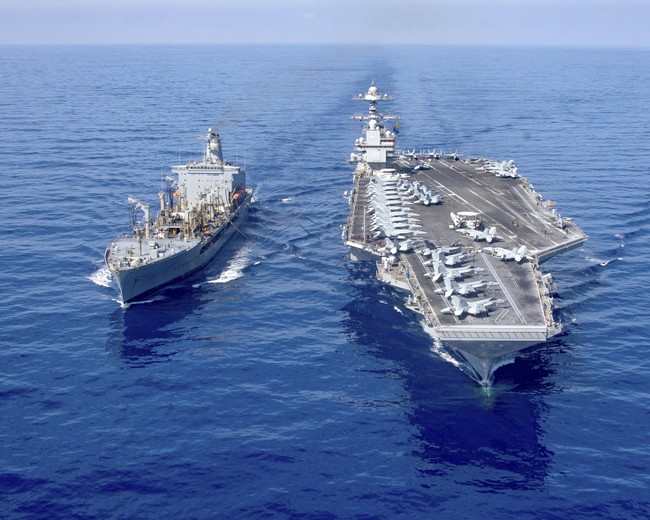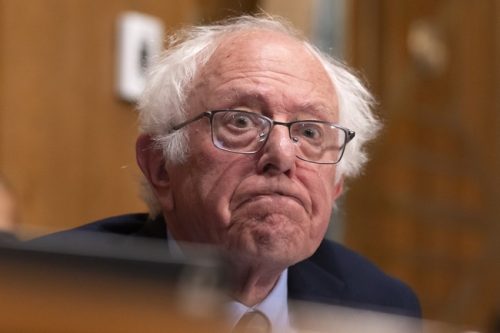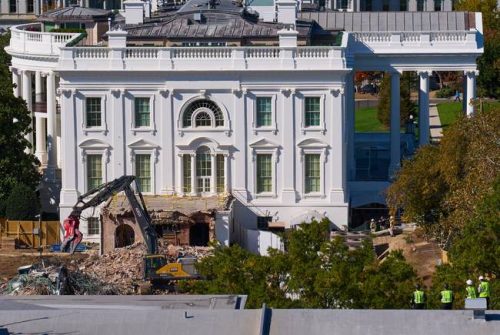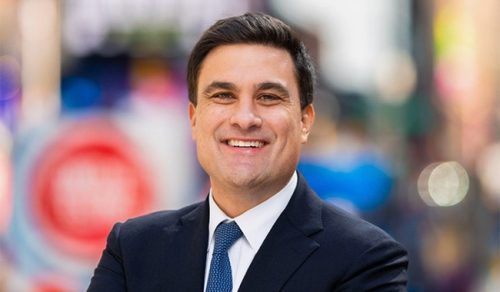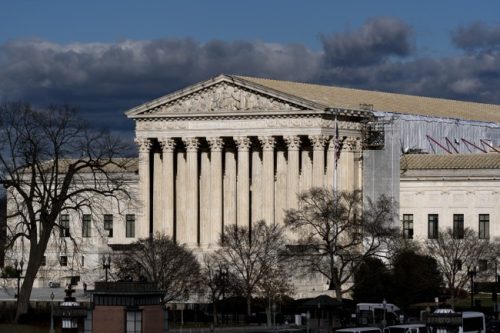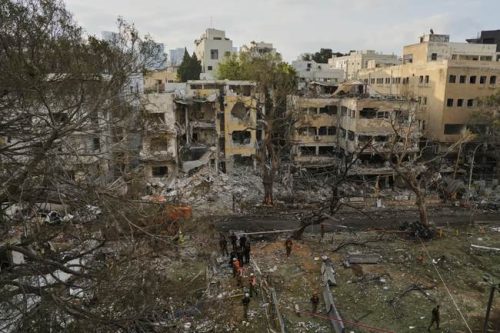President Trump has ordered the Gerald R. Ford Carrier Strike Group to the Caribbean to back anti-drug operations and pressure Transnational Criminal Organizations. The move expands U.S. military capacity in the USSOUTHCOM area of responsibility to detect, monitor, and disrupt illicit narco-trafficking networks. U.S. forces have already carried out lethal strikes against narco-terrorists, and senior officials say the goal is to degrade and dismantle these organizations.
The deployment answers a clear directive to treat narco-traffickers as national security threats and to use robust military tools where appropriate. This is framed as a homeland defense measure meant to stop drugs and violence before they reach U.S. communities. The president’s decision places a powerful carrier strike group in a region that sees heavy cartel activity and trafficking routes.
In support of the President’s directive to dismantle Transnational Criminal Organizations (TCOs) and counter narco-terrorism in defense of the Homeland, the Secretary of War has directed the Gerald R. Ford Carrier Strike Group and embarked carrier air wing to the U.S. Southern Command (USSOUTHCOM) area of responsibility (AOR).
“The enhanced U.S. force presence in the USSOUTHCOM AOR will bolster U.S. capacity to detect, monitor, and disrupt illicit actors and activities that compromise the safety and prosperity of the United States homeland and our security in the Western Hemisphere,” the Pentagon said. “These forces will enhance and augment existing capabilities to disrupt narcotics trafficking and degrade and dismantle TCOs.” That language underscores a mission focused on interdiction and network disruption rather than routine patrols.
USSOUTHCOM’s area of responsibility covers Latin America south of Mexico, along with the surrounding waters off the coast of Central and South America and the Caribbean Sea. That geography hosts known trafficking corridors used to move cocaine and other illegal drugs northward. Placing a carrier strike group in that AOR signals intent to use sustained, high-end maritime surveillance and strike capability.
The USS Gerald Ford is the largest nuclear-powered aircraft carrier in the world, and its strike group brings significant reach. Accompanying ships listed by the Pentagon include Arleigh Burke-class guided-missile destroyers USS Mahan, USS Winston S. Churchill, and USS Bainbridge. Those ships provide layered air defense, missile strike, and anti-submarine capability that complement carrier aviation in the fight against sea-based smuggling.
The Trump administration has described the fight against South American drug cartels as a non-international armed conflict with transnational criminal organizations. Officials reported that, as of Friday, the U.S. military has completed 10 lethal strikes on narco terrorists in the Caribbean, with the most recent occurring Thursday night. This sequence of actions is positioned as part of a sustained campaign to disrupt leadership, logistics, and maritime smuggling operations.
The Secretary of War, Pete Hegseth announced on X, “Overnight, at the direction of President Trump, the Department of War carried out a lethal kinetic strike on a vessel operated by Tren de Aragua (TdA), a Designated Terrorist Organization (DTO), trafficking narcotics in the Caribbean Sea.”
“The vessel was known by our intelligence to be involved in illicit narcotics smuggling, was transiting along a known narco-trafficking route, and carrying narcotics. Six male narco-terrorists were aboard the vessel during the strike, which was conducted in international waters—and was the first strike at night. All six terrorists were killed and no U.S. forces were harmed in this strike. If you are a narco-terrorist smuggling drugs in our hemisphere, we will treat you like we treat Al-Qaeda. Day or NIGHT, we will map your networks, track your people, hunt you down, and kill you.”
Overnight, at the direction of President Trump, the Department of War carried out a lethal kinetic strike on a vessel operated by Tren de Aragua (TdA), a Designated Terrorist Organization (DTO), trafficking narcotics in the Caribbean Sea.
The vessel was known by our… pic.twitter.com/lVlw0FLBv4
— Secretary of War Pete Hegseth (@SecWar) October 24, 2025
There is a clear signal here: Washington intends to lean forward and use the military to interrupt flows of deadly drugs and to deny cartel platforms at sea. Deploying the Gerald R. Ford group brings surveillance, strike options, and on-scene commanders who can coordinate with regional partners and U.S. law enforcement. For supporters of a tougher approach, this looks like decisive action to protect American streets and interrupt supply chains before they reach U.S. shores.
Critics will argue about escalation and legal labels, but the administration frames these operations as necessary defense of the homeland against narco-terrorism. The combination of carrier aviation, guided-missile escorts, and intelligence assets aims to close gaps that traffickers exploit. On balance, this effort is sold as a practical, muscular response to a transnational problem that has killed and addicted too many Americans.
Editor’s Note: The Schumer Shutdown is here. Rather than put the American people first, Chuck Schumer and the radical Democrats forced a government shutdown for healthcare for illegals. They own this.

